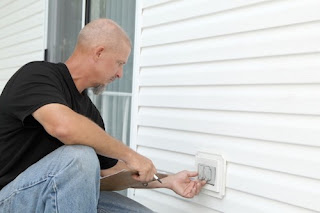Five tips for first-time buyers
 |
| Patti Lee ... Results that Move You! |
No matter how much time you spend on researching and educating yourself about your home purchase, it’s hard to cover every detail. Here are a few tips for avoiding rookie mistakes with your first home purchase.
- Save as early as you can: Even if you think you’re years away from buying your first home, try to start saving for your down payment. It makes a huge difference in your monthly payments, and helps avoid paying Private Mortgage Insurance.
- Be thorough with mortgage shopping: There are countless resources out there that can help you get the best terms for your mortgage. It may seem like a lot of work to shave less than a point off your mortgage rate, but it’ll save you thousands in the long run.
- Consult a skeptic: You’re likely to fall in love with a home, and that can make it difficult to take problems seriously. Bring along a skeptical friend or family member who can give you an honest opinion.
- Be patient with getting settled: You’ll be anxious to make your new home your own, but take some time to see how your budget truly shakes out. In other words, hold off on big furniture purchases and remodeling projects.
- Make sure you’re happy with the neighborhood: The house may be perfect, but don’t discount the surroundings. You don’t want to end up in the suburbs if you’re going to miss walking to your favorite coffee shop, and you don’t want to settle for the city if you’re looking forward to some peace and quiet.






